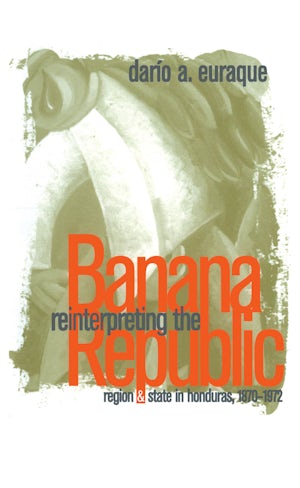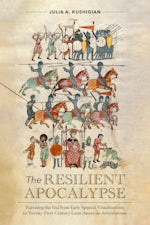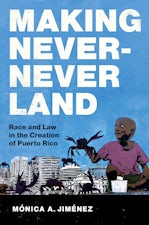Reinterpreting the Banana Republic
Region and State in Honduras, 1870-1972
By Darío A. Euraque
270 pp., 6.125 x 9.25, 3 maps, 18 tables, notes, bibl., index
-
Paperback ISBN: 978-0-8078-4604-9
Published: January 1997 -
E-book EPUB ISBN: 978-0-8078-6133-2
Published: November 2000 -
E-book PDF ISBN: 979-8-8908-6511-3
Published: November 2000
Buy this Book
- Paperback $42.50
- E-Book $29.99
For Professors:
Free E-Exam Copies
About the Author
Darío A. Euraque, a native of Honduras, is associate professor of history at Trinity College in Hartford, Connecticut.
For more information about Darío A. Euraque, visit
the
Author
Page.
Reviews
"A new interpretation of modern Honduran history. . . . Provocative."--American Historical Review
“A major contribution to the national historiography of Honduras. The history of the region cannot be understood apart from its links to the rest of Honduras or the United States. Indeed, one of Euraques’s greatest gifts is showing that the Caribbean coast, typically considered an enclave, had direct and influential ties to the rest of the country.”--Latin American Research Review
"A meaningful contribution to the literature on Honduras of interest to Central American specialists and to scholars studying questions of state building and economic development."--Choice
"Reinterpreting the Banana Republic reexamines the development of Honduran government institutions from the vantage point of diverse regions within the country. Especially strong is the finely documented analysis of the North Coast. By showing how a local bourgeoisie, working class, and peasantry emerged in the pores of the banana economy, built their own local institutions in the process, and finally became national political forces after World War II, Euraque defeats on its own turf the Banana Republic thesis, which has been so prominent in Honduran historiography. This big interpretive work, rigorously constructed from a wide range of archival sources, is the long-awaited foundation history for Honduras. It will spawn more scholarly research on the country and will integrate Honduras more thoroughly into the debates on ethnicity, state formation, agrarian structures, and national ideology that have intensified in recent years."--Robert G. Williams, author of States and Social Evolution




